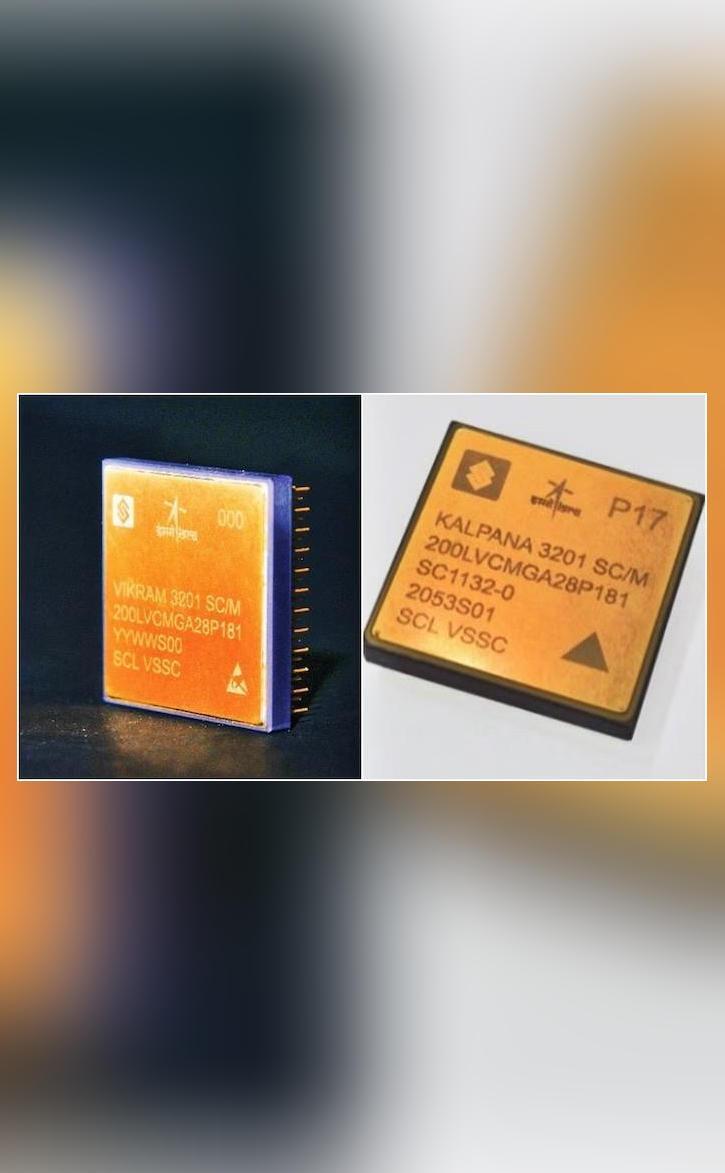
ISRO & SCL Develop 32-bit Microprocessors for Space Applications
The Indian Space Research Organisation (ISRO) and the Semiconductor Laboratory (SCL) in Chandigarh have made a significant achievement in the field of space technology by jointly developing two 32-bit microprocessors, VIKRAM3201 and KALPANA3201, specifically designed for space applications. These microprocessors are a testament to India’s capabilities in developing high-performance, reliable, and efficient electronic components for space exploration.
VIKRAM3201, the first fully “Make-in-India” 32-bit microprocessor, has been qualified for use in the harsh environmental conditions of launch vehicles. This accomplishment marks a major milestone in the country’s efforts to develop indigenous technology for space applications. The microprocessor is designed to operate in extreme temperatures, radiation, and vibrations, making it suitable for use in launch vehicles, satellites, and other space-based systems.
The development of VIKRAM3201 and KALPANA3201 is a result of the collaborative effort between ISRO and SCL. The teams from both organizations worked together to design, develop, and test the microprocessors, leveraging their expertise in electronics and space technology. The microprocessors have been optimized for space applications, with features such as low power consumption, high performance, and reliability.
VIKRAM3201 is a 32-bit microprocessor with a clock speed of 24 MHz and a power consumption of 1.2 watts. It has been designed to operate in a temperature range of -20°C to 70°C, making it suitable for use in launch vehicles and spacecraft. The microprocessor has 32-bit architecture, 128 KB of flash memory, and 64 KB of RAM. It also has a range of peripherals, including UART, SPI, I2C, and USB.
KALPANA3201, on the other hand, is a 32-bit microprocessor with a clock speed of 30 MHz and a power consumption of 1.5 watts. It has been designed to operate in a temperature range of -40°C to 85°C, making it suitable for use in extreme environments. The microprocessor has 32-bit architecture, 256 KB of flash memory, and 128 KB of RAM. It also has a range of peripherals, including UART, SPI, I2C, and Ethernet.
The development of these microprocessors is expected to have a significant impact on India’s space program. With indigenous microprocessors, ISRO will be able to reduce its dependence on foreign components and develop more complex and sophisticated space systems. The microprocessors will also enable ISRO to develop more efficient and cost-effective space missions, which will be beneficial for the country’s space program.
The development of VIKRAM3201 and KALPANA3201 is a testament to the capabilities of Indian engineers and scientists in the field of electronics and space technology. The joint effort between ISRO and SCL demonstrates the country’s commitment to developing indigenous technology and reducing dependence on foreign components.
In conclusion, the development of VIKRAM3201 and KALPANA3201 is a significant achievement for ISRO and SCL. These microprocessors are designed to operate in the harsh environmental conditions of space and are expected to play a critical role in India’s space program. The development of indigenous microprocessors is a major step towards self-sufficiency in space technology and will enable ISRO to develop more complex and sophisticated space systems.
News Source:






